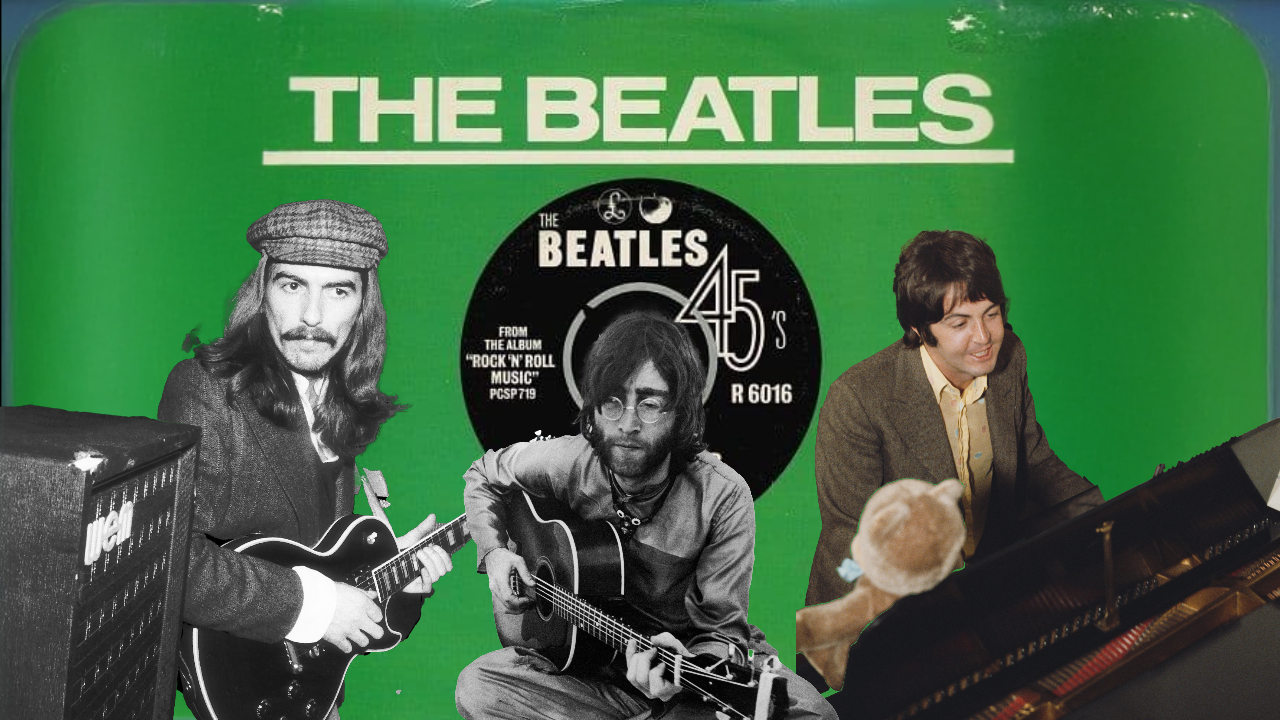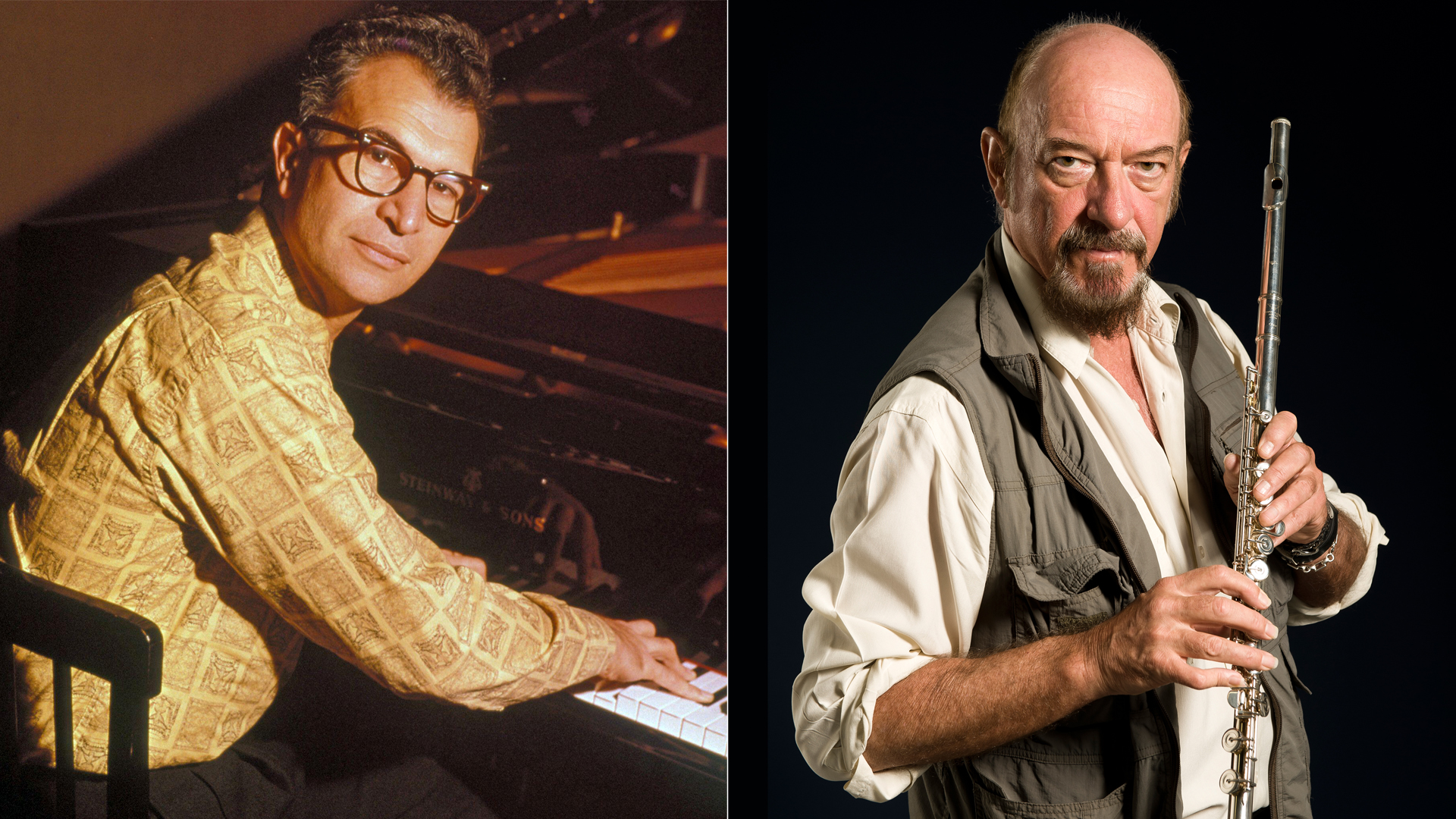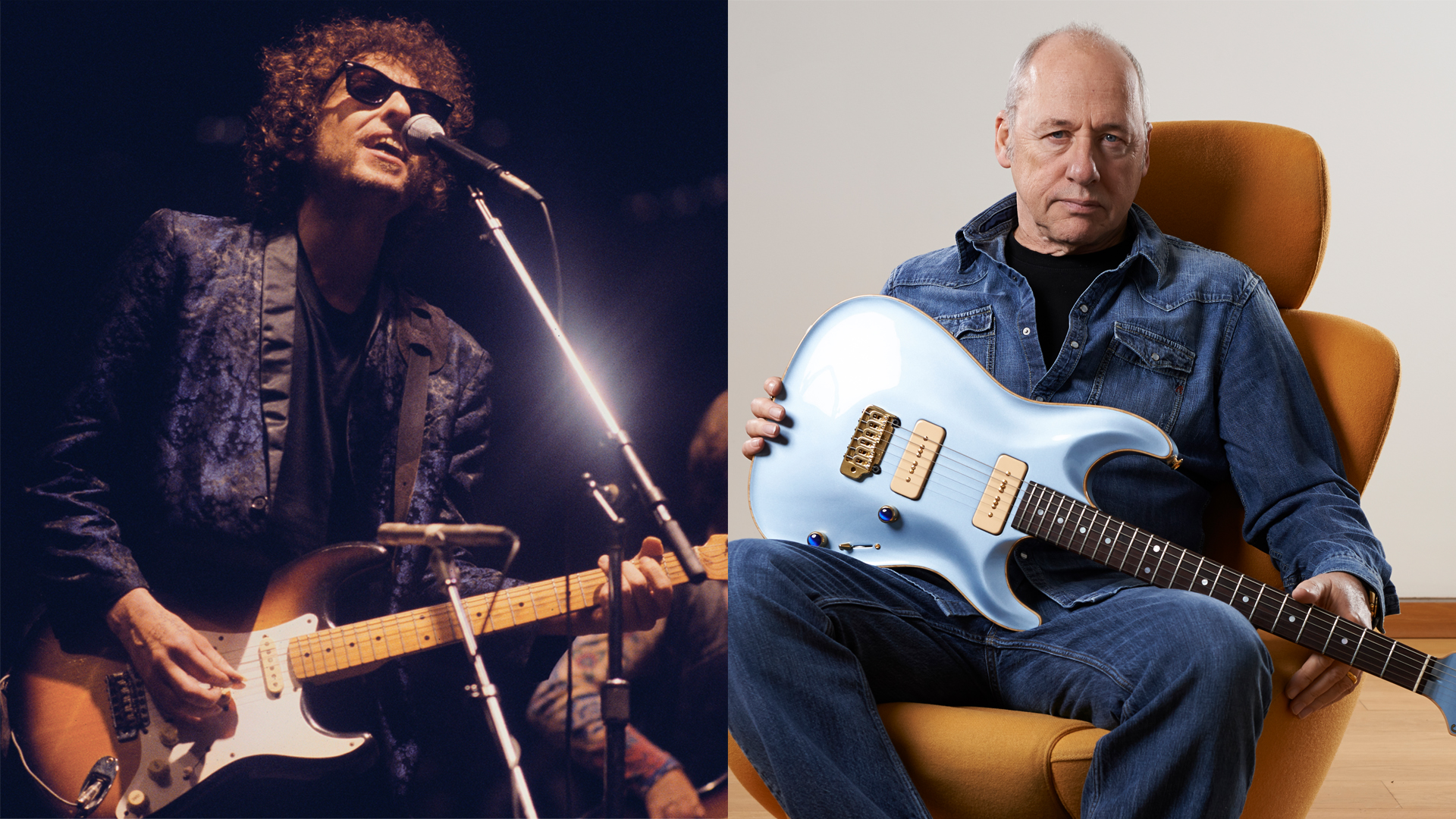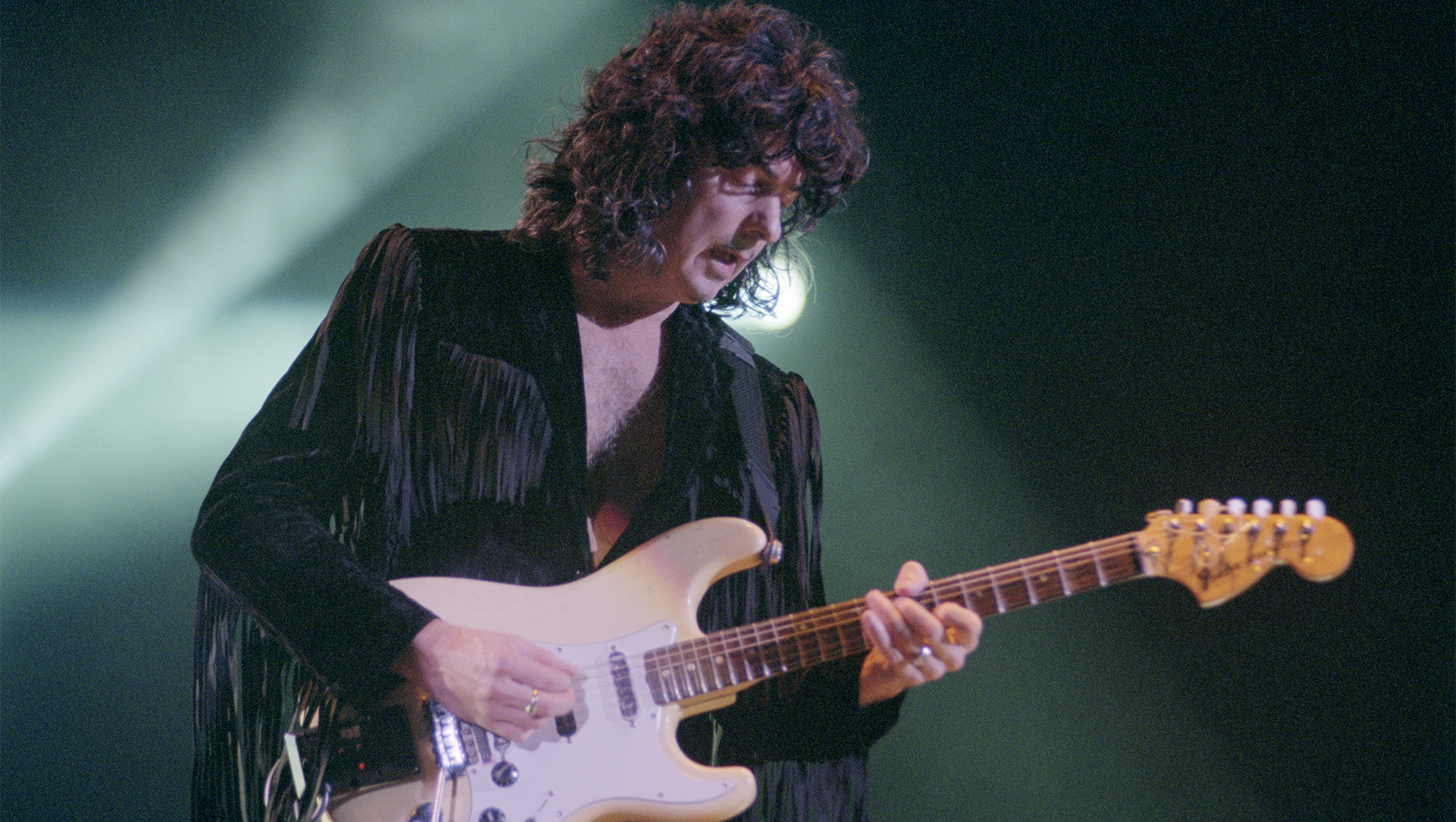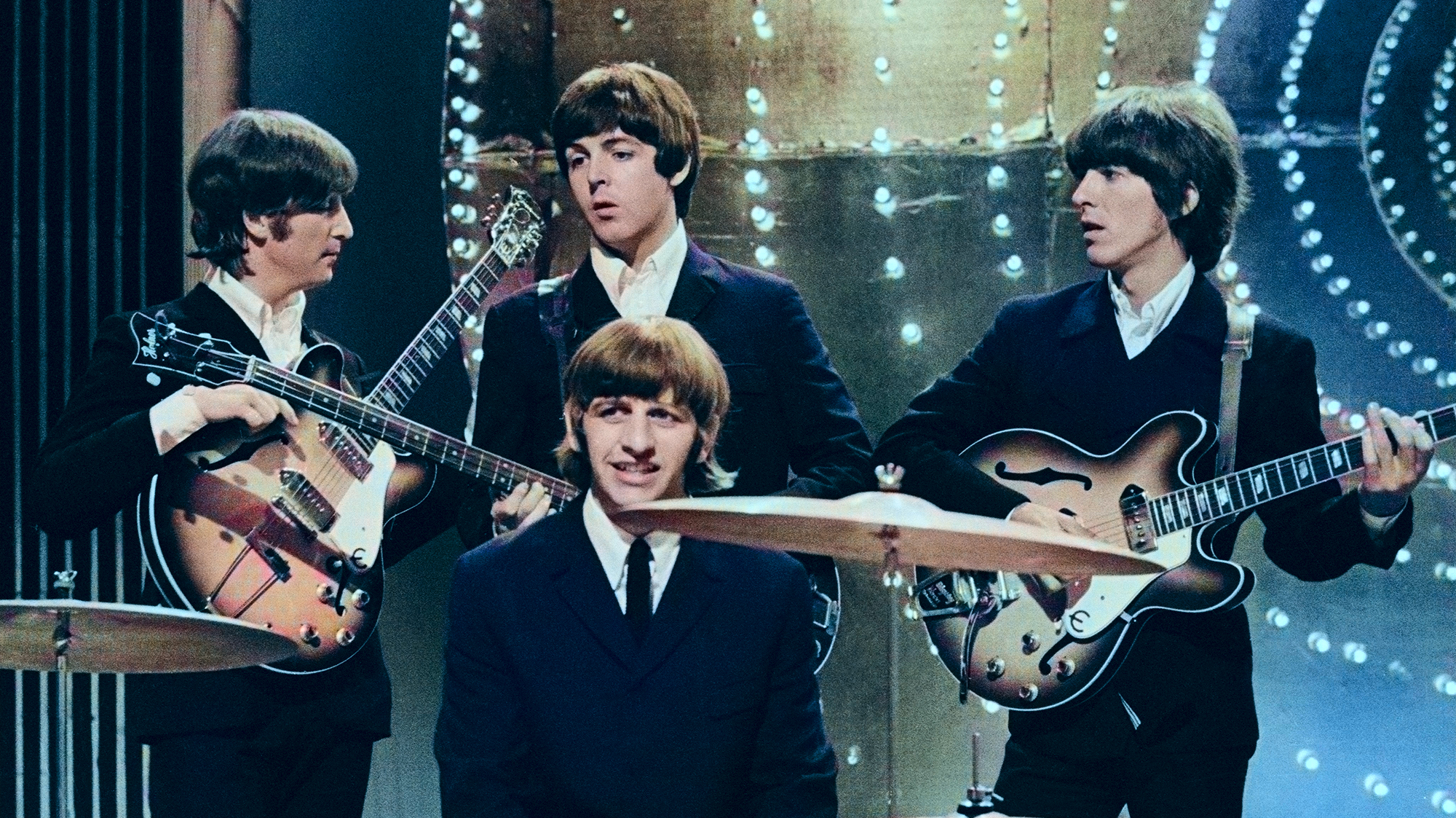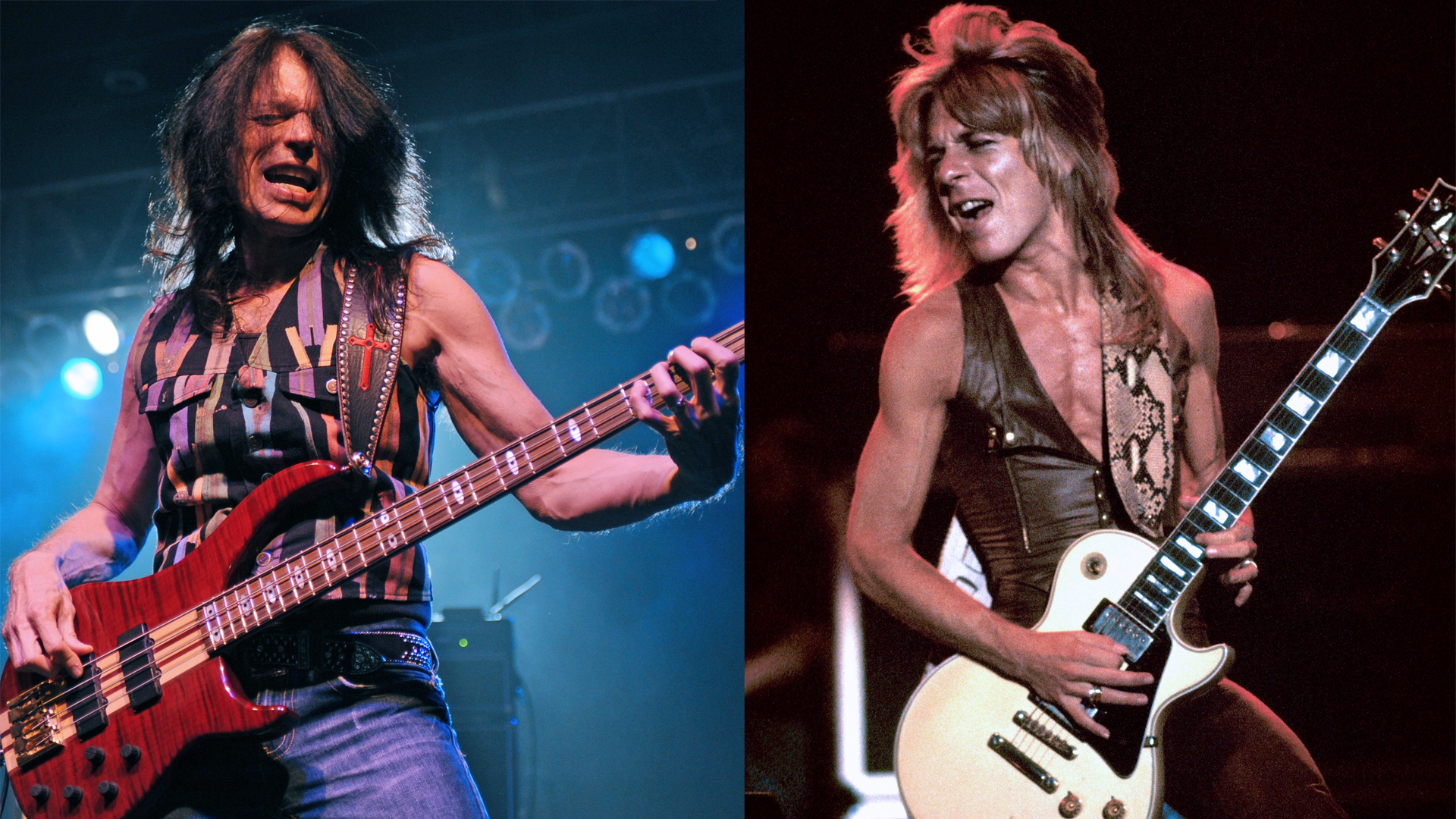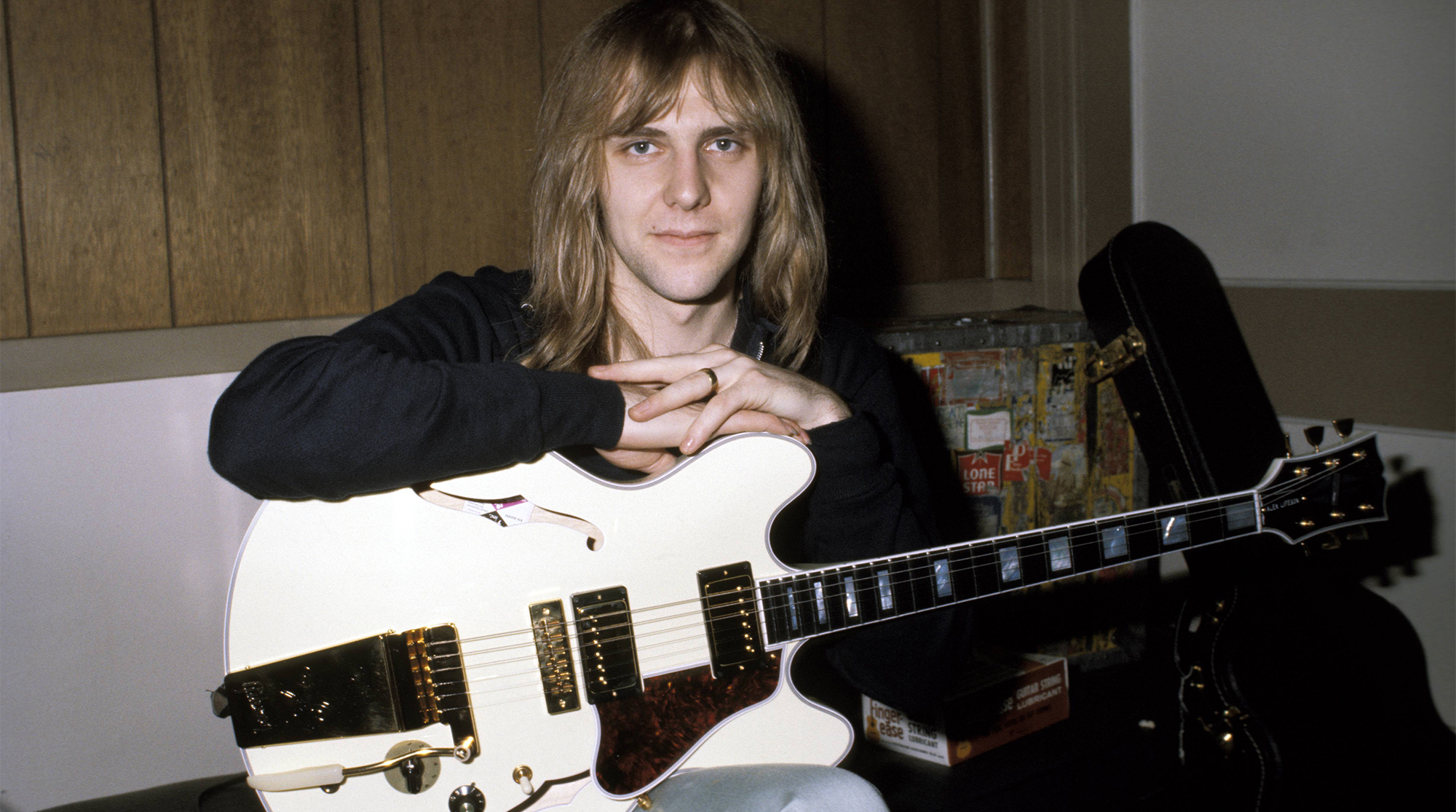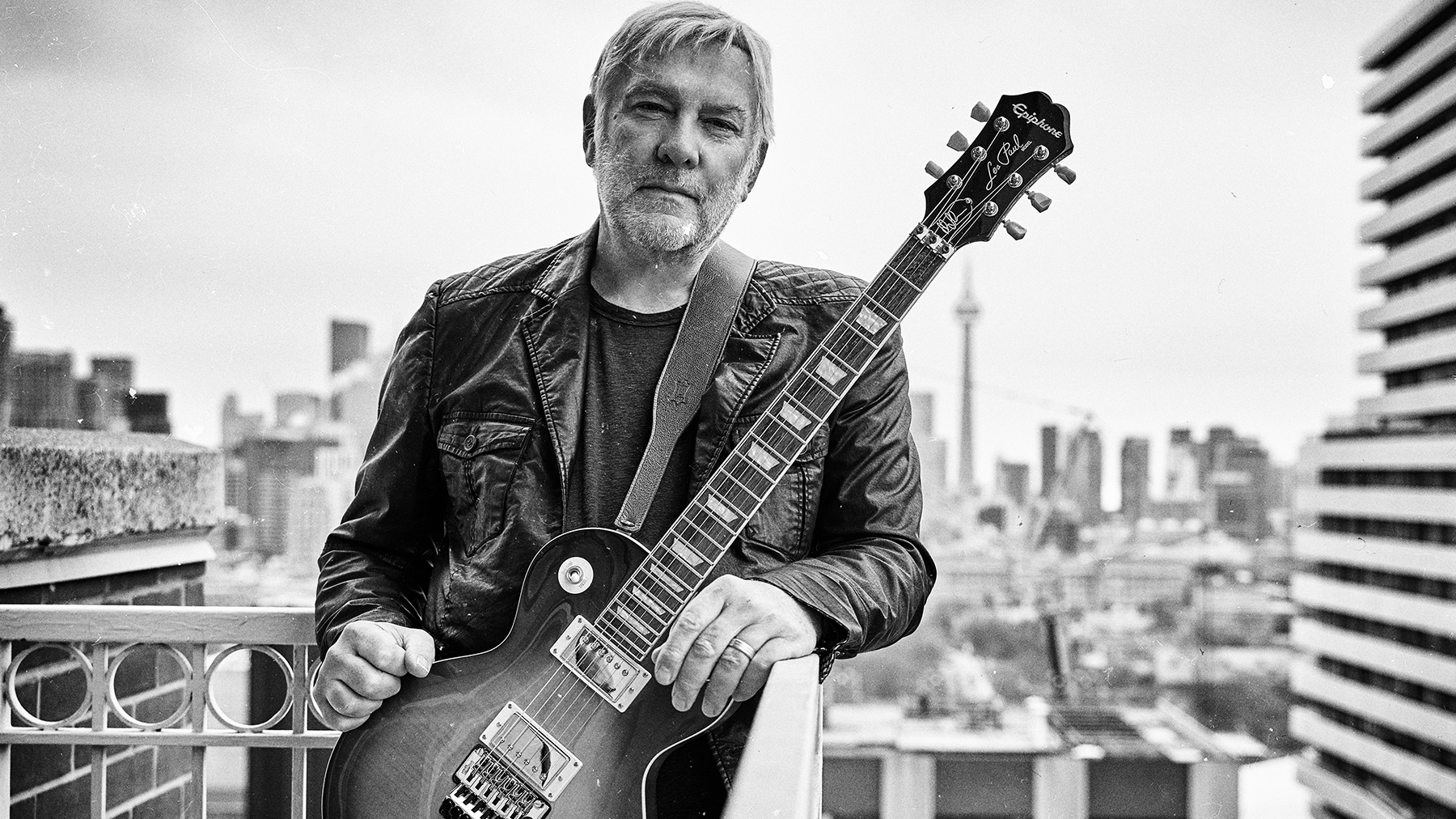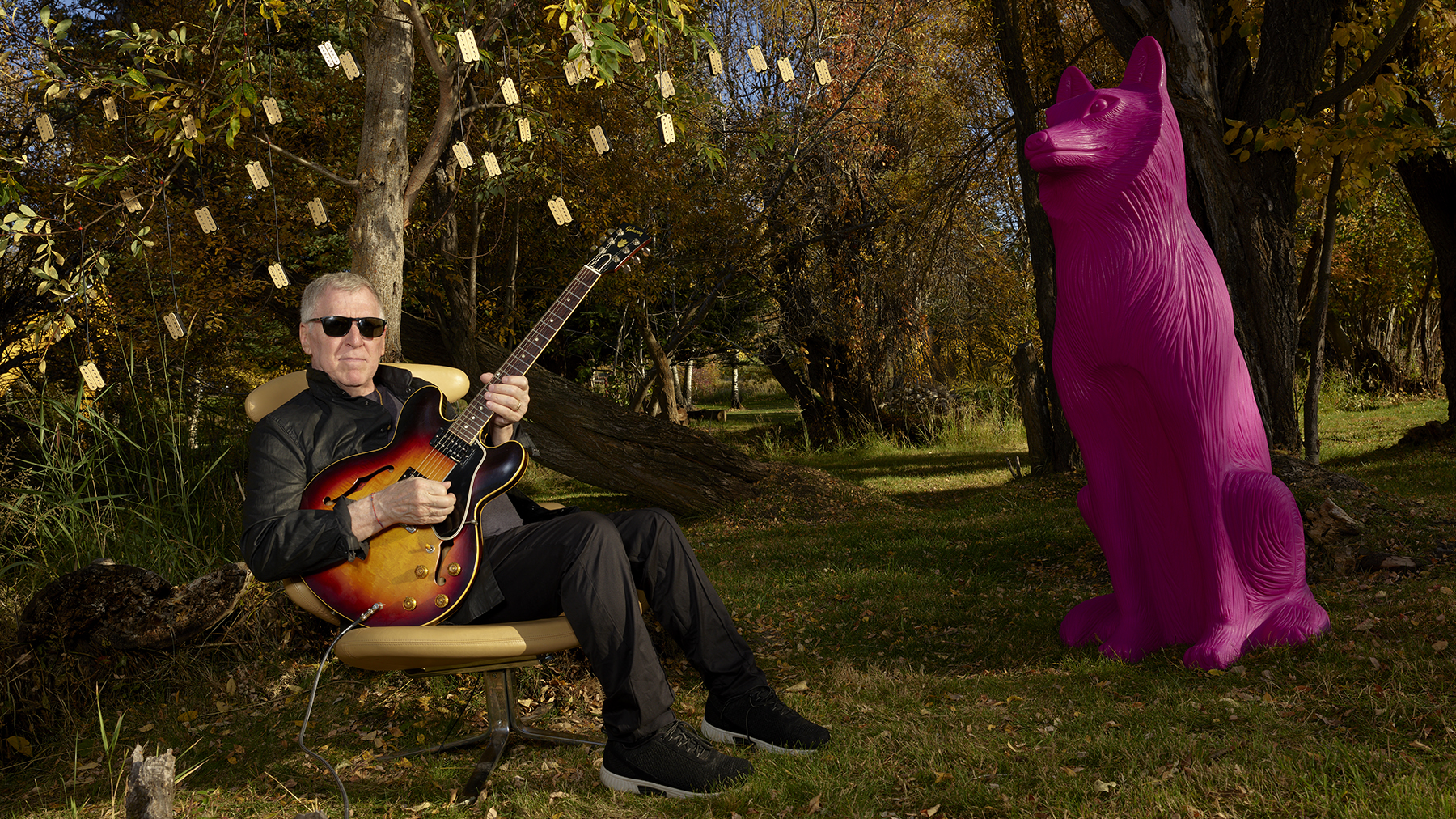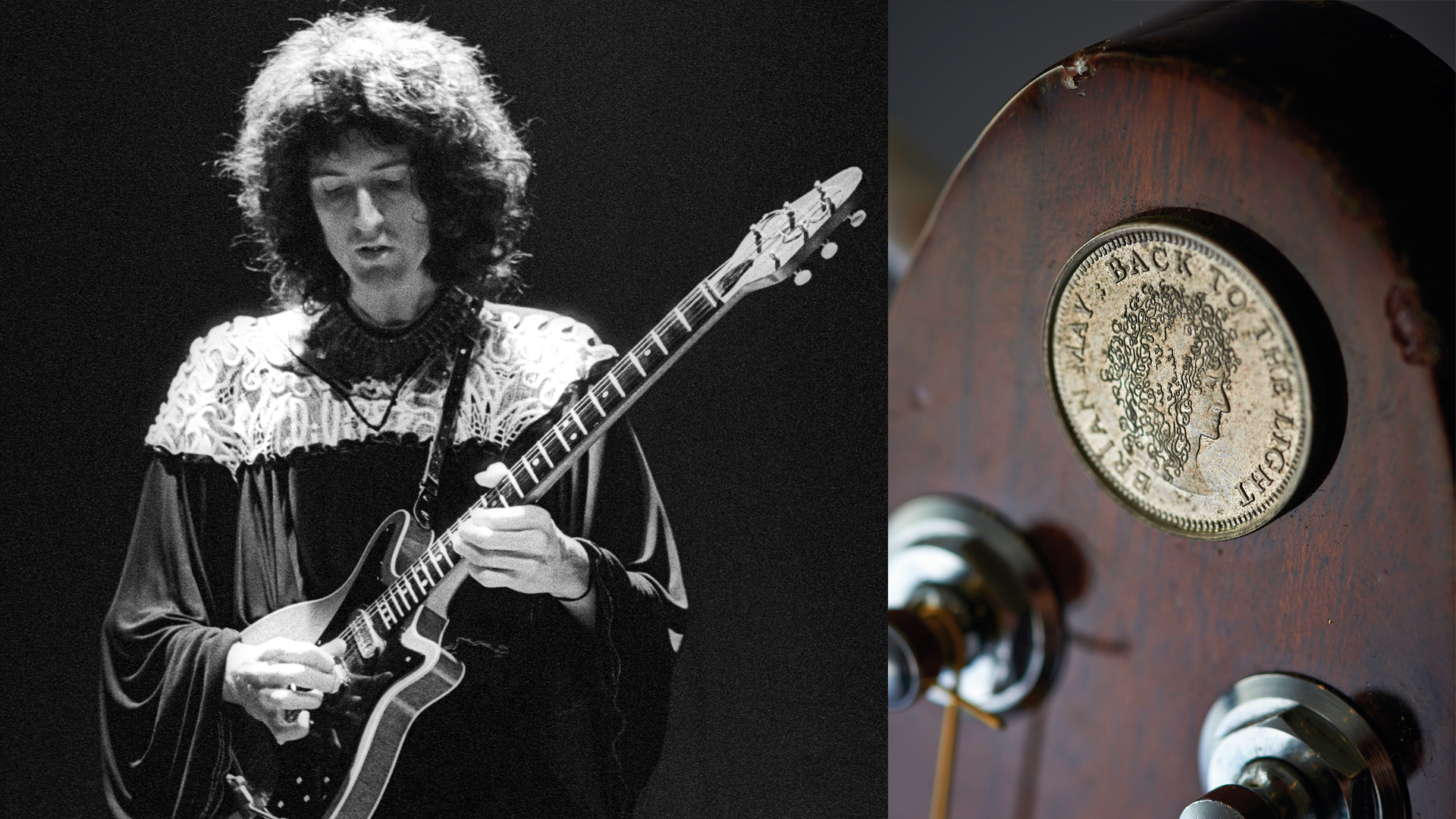"It's so easy to get dynamic when you have a soft touch.” Rebecca Mardal is quietly making a whole lot of noise with her minimalist guitar improvisations
The Swedish guitarist has amassed an impressive audience and is one of three artists selected to be personally mentored by Johnny Marr
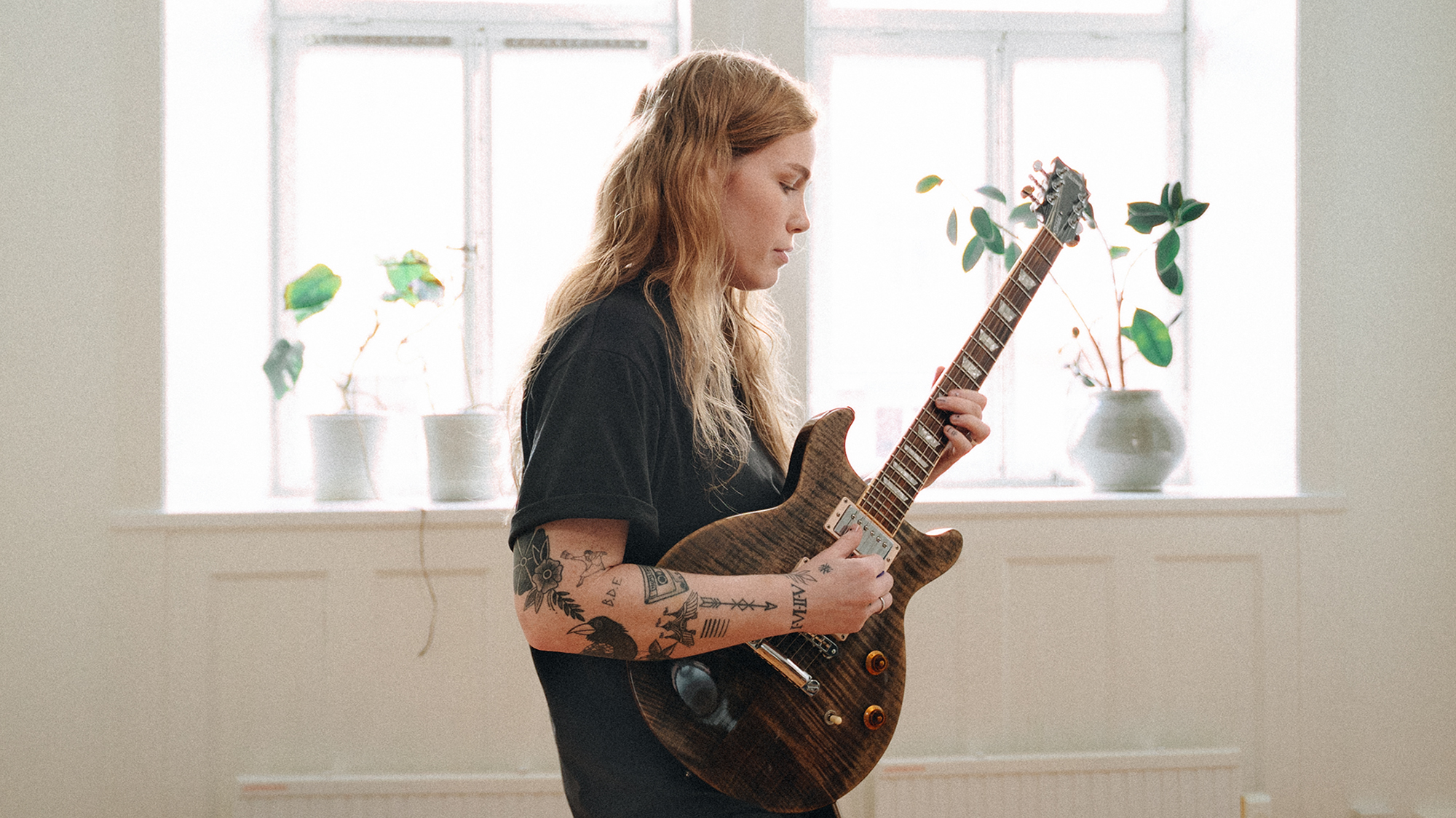
In the sea of shred that occupies much of the online guitar sphere, the waves currently being made by Swedish guitarist and producer Rebecca Mardal have rippled far and wide. Mardal paradoxically stands out with her quiet brand of beautifully delicate lo-fi soundscapes — instrumentals interwoven with her deep and lyrical guitar solos, highlighted by her remarkably light touch.
Since just 2020 she has amassed more than 30,000 followers on Instagram and an eye-popping 18 million Spotify streams. Mardal is strikingly prolific. In the first three months of 2025 alone she released a new EP, By the Fire, and, most recently, the lushly ethereal Lord of the Rings–inspired single “Furthest I’ve Been from Home,” which she recorded in her modest home studio.
Her production and arranging skills shine brightly alongside her playing. She crafts her hypnotizingly warm, clean tones using Neural DSP’s Archetype: Corey Wong X plug-in, which has replaced her previous choice, Logic’s free Cool Jazz Combo.
A post shared by Epidemic Sound (@epidemicsound)
A photo posted by on
Mardal is one of just three artists selected to be personally mentored by guitar icon Johnny Marr throughout 2025. The program that made it possible is The Bridge, a mentorship initiative launched by Epidemic Sound, a Swedish music company, for which Mardal writes, that licenses it tracks to YouTube creators as well as to online and TV ad makers.
The program kicked off earlier this year in Manchester, England, with Marr mentoring the artists as a group and one on one. Additional individual meetings will be held online and culminate in new music created by the artists.
In a new short film documenting the Manchester event, Marr praises Mardal as “a really soulful guitar player.” At one point, he reviews her newest song, “Lossbyn,” saying it should remain just as it is and calling it “an amazing piece of music.”
“He listened to a few tracks and gave feedback, and I got to play legendary guitars of his,” Mardal tell Guitar Player from her home in Stockholm. “He was such a nice guy. He just kept handing me guitars!”
Get The Pick Newsletter
All the latest guitar news, interviews, lessons, reviews, deals and more, direct to your inbox!
Marr also presented her with a Giffin guitar neck, autographed to her on the heel. She immediately attached it to her “ride or die” white 2003 Fender American Stratocaster, which she has customized with BJFE pickups made by Lundgren, a Swedish company she swears by.
It’s a long way, both literally and figuratively, from Arvika, the tiny town in Sweden where Mardal grew up. Now 31, she says the path hasn’t always been easy. Her guitar story began at age 11 when Green Day’s American Idiot inspired her to become, surprisingly, a “punk rock girl."
“I got their live DVD, Bullet in a Bible, for Christmas, and that really made me want to pursue playing music for a living,” she said.
The only girl playing guitar in her school, Mardal was initially self-taught and leaned heavily on power chords. She would jam with the guys, but her skills didn't always get the warmest of welcomes.
“They listened to AC/DC and Led Zeppelin, so they had already learned how to solo, and I was far behind.”
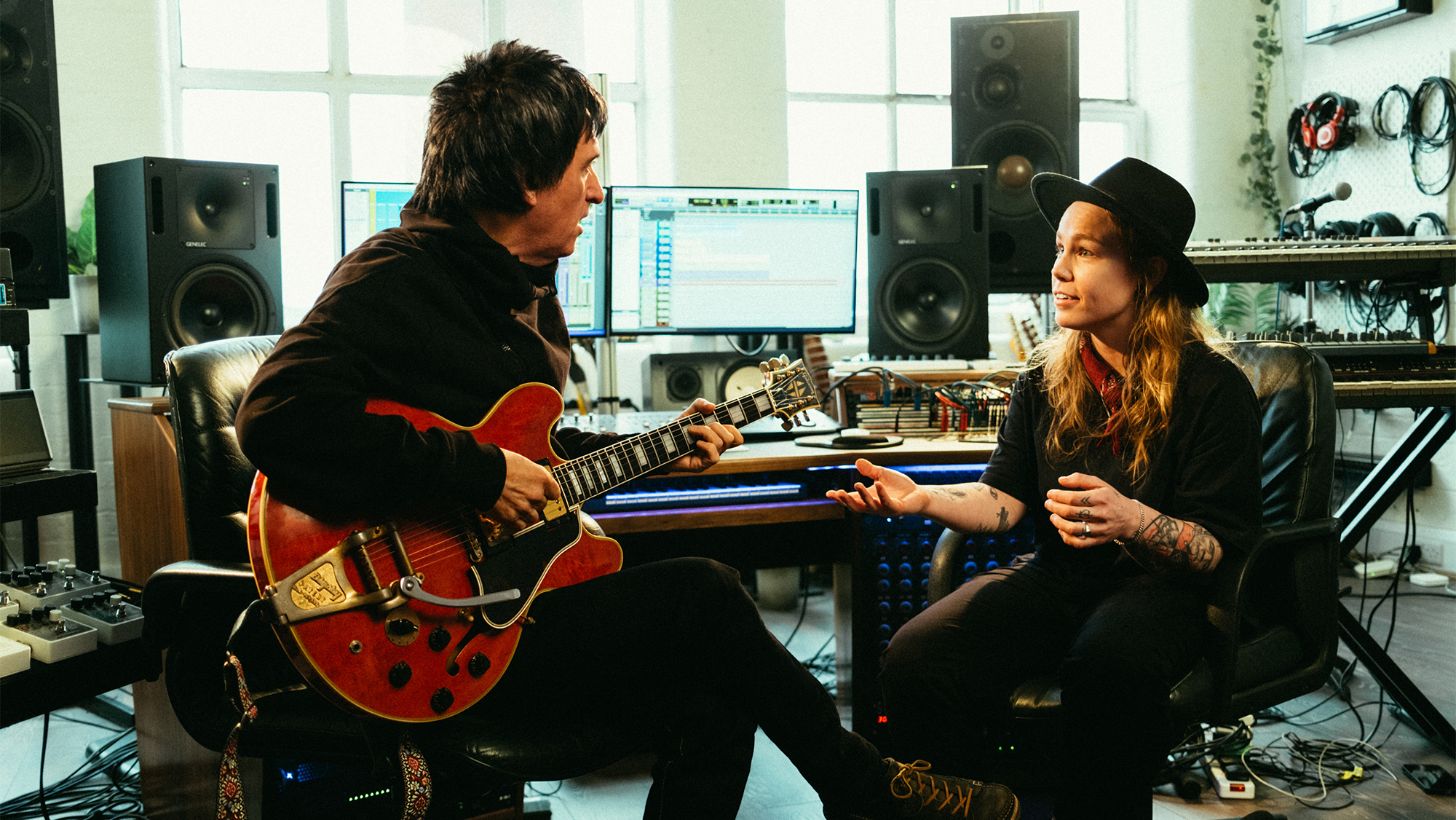
But within a year she discovered African-American gospel music on YouTube, and became fascinated by players like Kerry “2 Smooth” Marshall, Glenice Glover and Myles Jasnowski.
“He was the first person I saw who did guitar solos over hip-hop beats, and I just thought that was the coolest thing ever,” Mardal says.
Her first bona fide guitar lessons came at age 15 during the Swedish equivalent of high school, when her instructor not so gently pushed her into studying jazz. “I’m really glad he forced me,” he says. “It gave me an understanding of how chords work.”
Playing chord/melody jazz arrangements also allowed her to develop her deft fingerstyle technique, which she seamlessly incorporates into her playing.
Mardal left Sweden at age 19 to attend London’s now-defunct Tech Music School, and at the same time became the in-house guitarist for an indie hip-hop label, an experience she would come to regret.
“You know how it is in the industry,” she explains. “They talk big. I ended up losing all of my savings.”
After two years, she yearned to escape London and was thrilled to learn she had been accepted to Paul McCartney’s Liverpool Institute for Performing Arts, where she received her Bachelor of Arts degree in Music from Sir Paul himself. “He was really down to earth,” she recalls. “He gave me a peck on the cheek.”
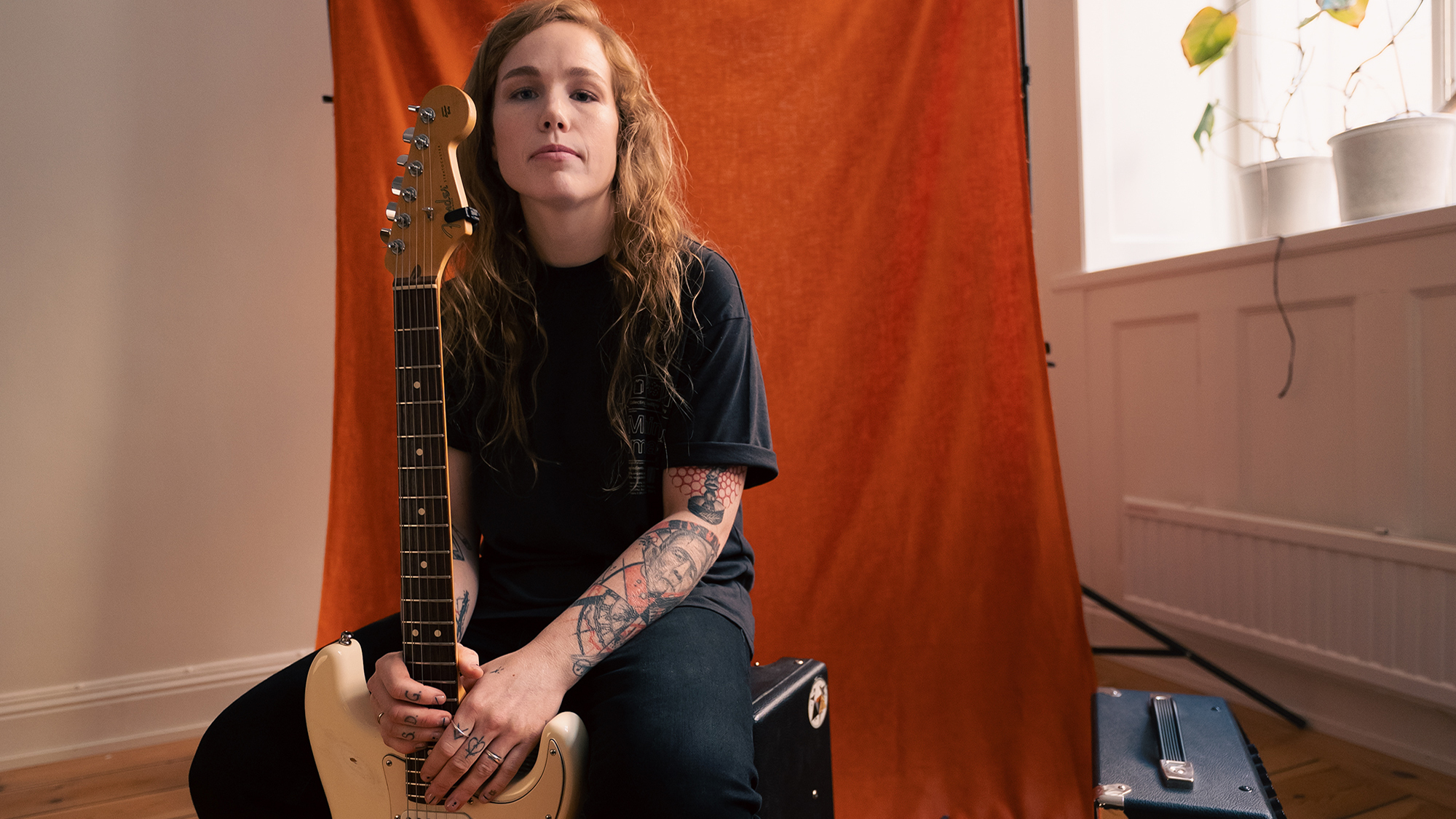
From Liverpool, Mardal moved back to Stockholm, sometimes sleeping in the shared music studio she rented. When it wasn’t available, she was forced to bed down in her “old, beat-up” circa-2002 Ford Mondeo. It was around the time of the pandemic and she became very ill, possibly with COVID.
“Sleeping in a freezing car with a fever,” she recalls. “That was horrible.”
But her life changed when she decided — with some trepidation — to release her music online and discovered there were people who actually wanted to listen. "I remember thinking, Oh, shit, I can do this!" she says
Mardal’s compositions are memorable and beautifully chill songs that double as irresistible backing tracks to jam over (“Nothing Ever Changes” from By the Fire is just one example). But it’s her devastatingly light touch on the guitar that’s immediately noticeable.
“Yeah, I’m a light picker. It’s the social anxiety,” she says with a laugh.
But she demonstrates remarkable control over dynamics, the range in volume of a note or chord being played.
“That’s the good thing about playing super soft as your main technique,” she explains, “because it's so easy to get dynamic when you have a soft touch.”
One of Mardal’s fortes is her genuinely emotive way of interpreting melodies, be it her own music or a unique take on a cover, like a lo-fi version of Green Day’s “When I Come Around.”
A post shared by Rebecca Mardal (@rebeccamardal)
A photo posted by on
“I think that's my longing, to be able to sing,” she explains. “I listen to a lot of singers, like Celine Dion. She could sing a line and you never know dynamically where she's going to go with it… Simple melodies [on guitar] can become magic using dynamics.”
While Mardal spends much of her time writing and recording new music, she also currently works part-time at Hellstone Music, a boutique music store in Stockholm chock full of vintage guitars and frequented by greats like Joe Bonamassa and Brad Paisley, both of whom she has met. She also speaks highly of the many musicians she’s met on Instagram with whom she’s collaborated. She simply loves playing.
That much is evident in her short film with Marr. When the guitarist asks about her hopes for the future, Mardal replies earnestly, “I just want to play guitar. Fundamentally, just want to play guitar with a bunch of cool people.”
A post shared by Rebecca Mardal (@rebeccamardal)
A photo posted by on
Jeff Jacobson is a guitarist, songwriter and veteran music transcriber, with hundreds of published credits. For information on virtual guitar and songwriting lessons or custom transcriptions, reach out to Jeff on Twitter @jeffjacobsonmusic or visit jeffjacobson.net.
"I thought, 'Jeez, how the hell did he do that?'" Phil Manzanera on the tone, tuning and technique of his teenage friend David Gilmour
“I felt so crestfallen. I wanted to throw my guitar away.” Alex Lifeson on the gig that made Rush feel like they’d made it — and how one audience member brought them crashing down to Earth


